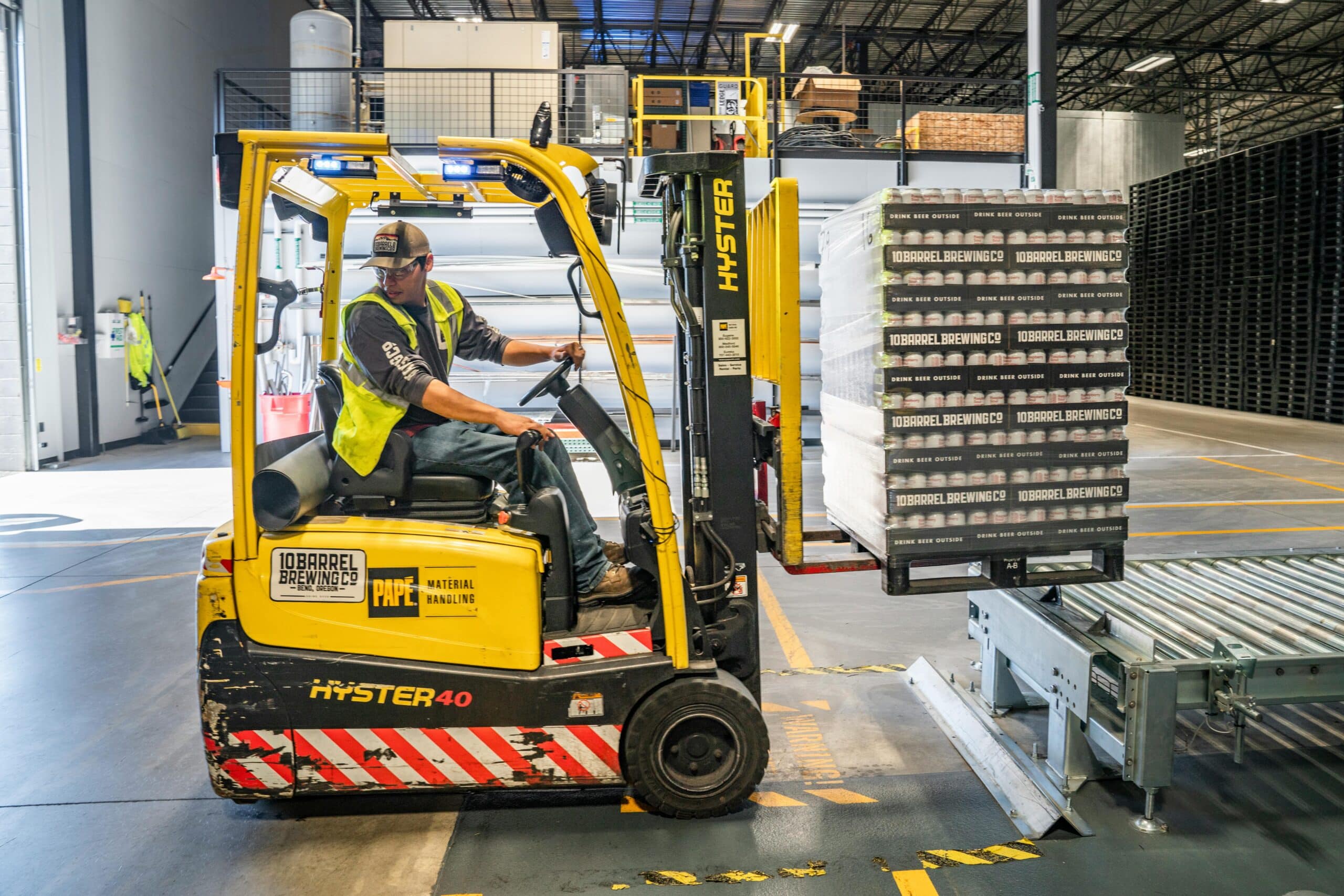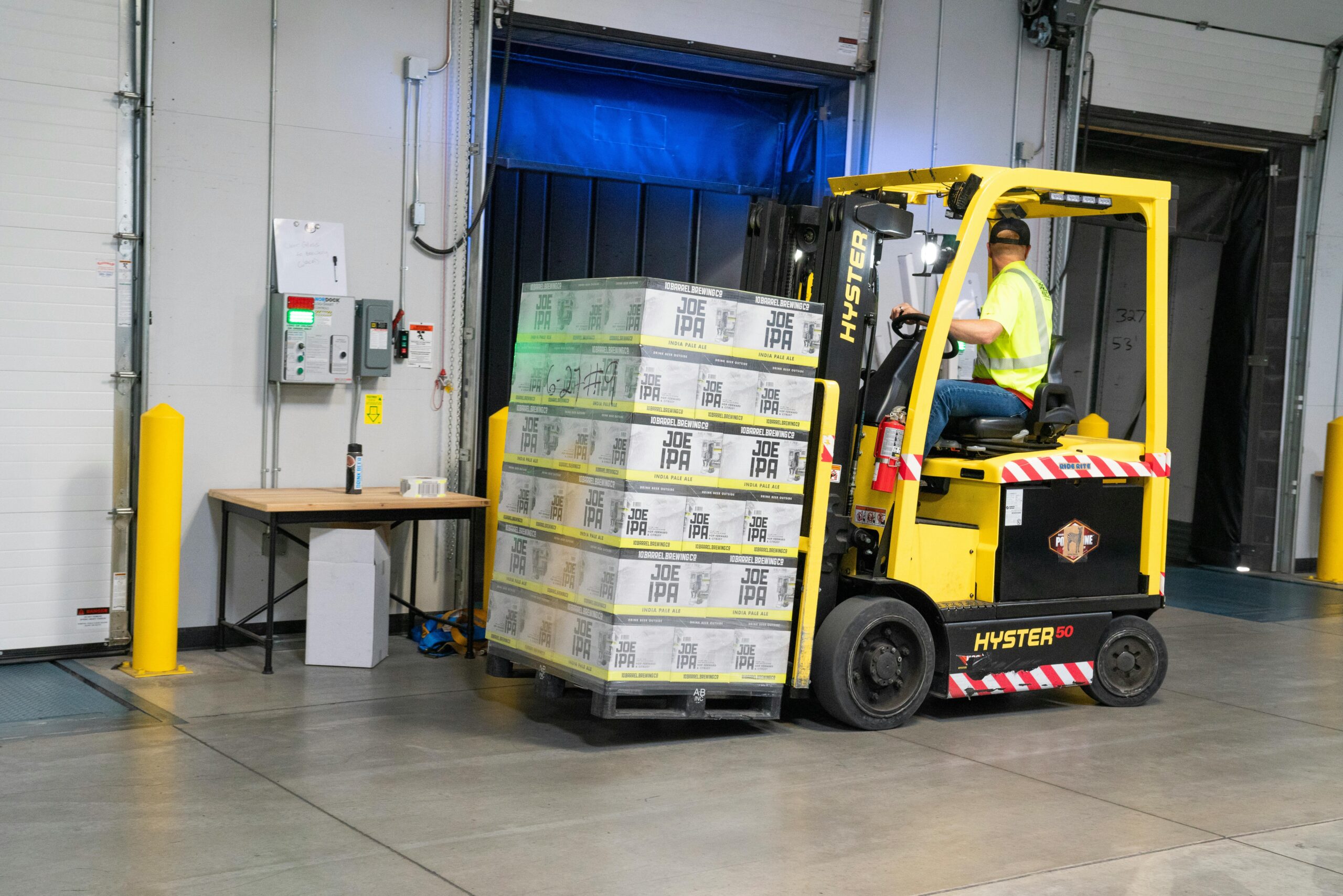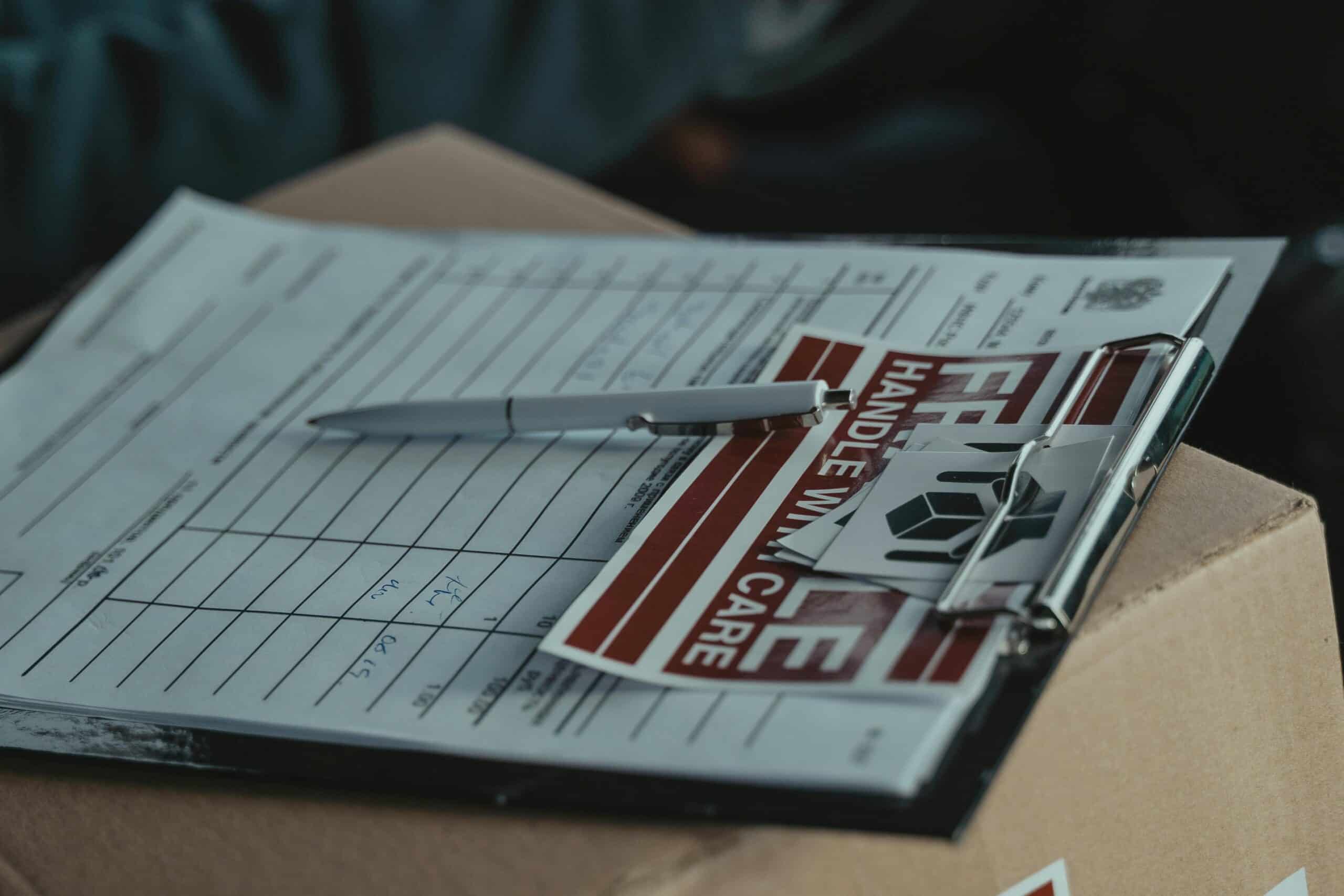8 Facts About Shippers/Receivers
Last Updated on July 23, 2025
Wheat from Saskatchewan, beer from Ontario and potatoes from Prince Edward Island. Food is able to move around the country at a pace like never before. Products that used to be seasonal are now available year-round and this is a good thing for the food processing industry.
However, moving food isn’t as simple as putting it on a truck. Products must be tracked, palletized, stored properly, and shipped with care. That’s where Shippers and Receivers in the food industry play a vital role.
This article explores how shippers and receivers help move food products in and out of processing facilities.
1. Shippers/ Receivers ensure the movement of food
Shippers/Receivers are individuals who:
Send, accept and record the movement of food, supplies and materials to and from a food facility. They perform loading and off-loading functions of trailers to get food products into plants. Shippers assemble skids, pack goods and prepare identifying/shipping instructions. Receivers in contrast unpack shipments and put away products in the specified areas of the warehouse. Overall, they work in consistent workflow to ensure the safety of themselves and co-workers.
The role of shippers/receivers vary depending on the size of a warehouse facility. In smaller locations shippers/receivers will perform the same duties while larger establishments will have more defined roles for these workers. In other words a shipper will move product out of a plant while receivers will receive items that come into the facility.
2. Shippers/Receivers can have physical jobs
Although shippers and receivers spend a significant amount of time operating forklifts, their jobs can also be physically demanding. For instance, when warehouses receive shipments, receivers may need to break down skids to ensure that each item can be placed in the appropriate storage areas. On the other hand, shippers may be responsible for “building” orders of multiple items on a shipment. If this does occur they stacking pallets correctly, placing heavier products on the bottom and lighter ones on top.
3. Shippers/Receivers require no post-secondary education
Typically, no post-secondary education is required for becoming a shipper or receiver. It is not uncommon for many food manufacturing facilities to only require warehouse associates to have a high school diploma or GED. Individuals in this field typically begin in lower-level warehouse positions and progress to higher-level roles, such as warehouse managers.
The position of a warehouse associate serves as an excellent entry point to more senior roles within the food industry.
4. Shippers/Receivers pick orders
To ensure that products are shipped out of the warehouse, shippers must “pick” the items listed for shipment. Picking refers to the process of selecting items from shelves based on a shipment list. This task can be performed at the ground level or may require the use of forklifts and reach trucks. Shippers follow a “first-in, first-out” method when picking items to maintain product freshness.
5. Shippers/Receivers comply with applicable legislative
Food safety is a shared responsibility that goes beyond the food safety department; every member of the food production team plays a role. As part of this team shippers and receivers should have a good knowledge of Good Manufacturing Practices (GMPs), Standard Operating Procedures (SOPs) and Health & Safety information including WHIMS.
For instance, when shippers and receivers receive a trailer, they must inspect it for any issues that could compromise food safety. This includes checking for open boxes or unsanitary conditions that could pose a risk to the food products.
6. Shippers/ Receivers have to follow documentation
When a shipment arrives at a manufacturing plant, it is the responsibility of the receiver to verify the received products against the purchase order. A purchase order is a document sent from a buyer to a supplier, detailing what has been purchased, what has been shipped, and the quantity of each item.
For instance, if a bread factory orders 10 kilograms of milled wheat from a farmer, the purchase order would specify this amount. The receiver must also determine the method of shipment and prepare any necessary bills, invoices, and other shipping documents. They will also relay this information to other individuals in the department.
7. Shippers/Receiver have an eye for detail
Attention for detail is a term used to describe the ability to accomplish/complete a task while demonstrating a thorough concern for all the areas involved, no matter how small. In the case of shippers and receivers, they must pay attention to the accuracy and quality of all products being shipped or received.
Shippers/receivers actively inspect boxes to ensure that they match the Bill of Lading and that there are no food safety issues. For example, the keep an eye out for the temperature of refrigerated items when they are received at the building. Additionally, they look for signs that the boxes may have been tampered with or eaten by animals.
These professionals are the first line of defence when it comes to food safety at a production facility!
8. Shippers/Receivers can prioritize their work, work quickly and perform arithmetic
Being a shipper or receiver requires a range of skills; however, there are a few which are more important then the others. These skills include:
- Ability to work in a fast-paced environment – Working in a fast-paced environment can leave you feeling exhausted by the end of the day. However, some professionals, such as shippers and receivers, thrive in environments where they can remain busy. Staying active not only keeps their minds engaged but also keeps production moving.
- Ability to prioritize – As mentioned earlier, warehouses are fast-paced environments, which means that shippers and receivers need to be able to prioritize their time. They have to plan and organize their tasks, prioritizing jobs that keep production running. In addition to their own tasks, they also need to prioritize certain items and determine their locations within a facility.
- Perform mental arithmetic – Shippers/receivers take a count of items, such as the number of skids, boxes and other products loaded or removed from a truck. They need to keep track of how many of each item they have moved and how items should be palletized which requires mental math skills. However, many times they are often aided with hand-held scanners which help to ensure accuracy.
Subscribe to our newsletter for details on mentorship sessions, workshops, webinars, as well as career and job fairs across Canada and the US!




leave your comment